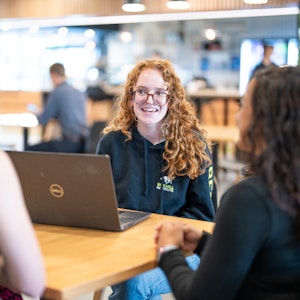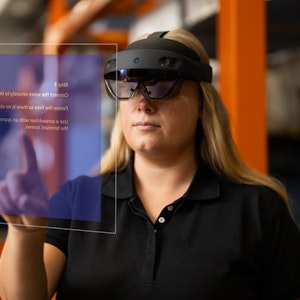About the course
About the course
Box Hill Institute can provide you with the skills and experiences to excel as a sound engineer, electronic music artist, film sound designer or audio technician.
You will learn in one of Australia’s best equipped studios, have access to renowned Artist-in-Residence programs, and work with our campus record label, Tremorverse Records.
Use this opportunity to create collaborations with other performers and composers, record, mix and produce your own portfolio, work in a 200+ capacity live venue, master software such as Pro Tools, Ableton and Logic, and study with like-minded creatives while expanding your industry network.
This sound production course is designed to teach the foundations of recording, mixing, live sound, music production and sound design. You will study recording, live sound, composition, compositional and arranging techniques, aural skills, and business.
The combination of our teaching industry experts and one of the best music education facilities in the world ensures our student have the right start to their careers in the sound-related industries.
| Like Box Hill Institute - Music on Facebook |  |
| Follow Box Hill Institute - Music on Instagram |  |
Is this the course for you?
Enrol now or enquire about this course.




